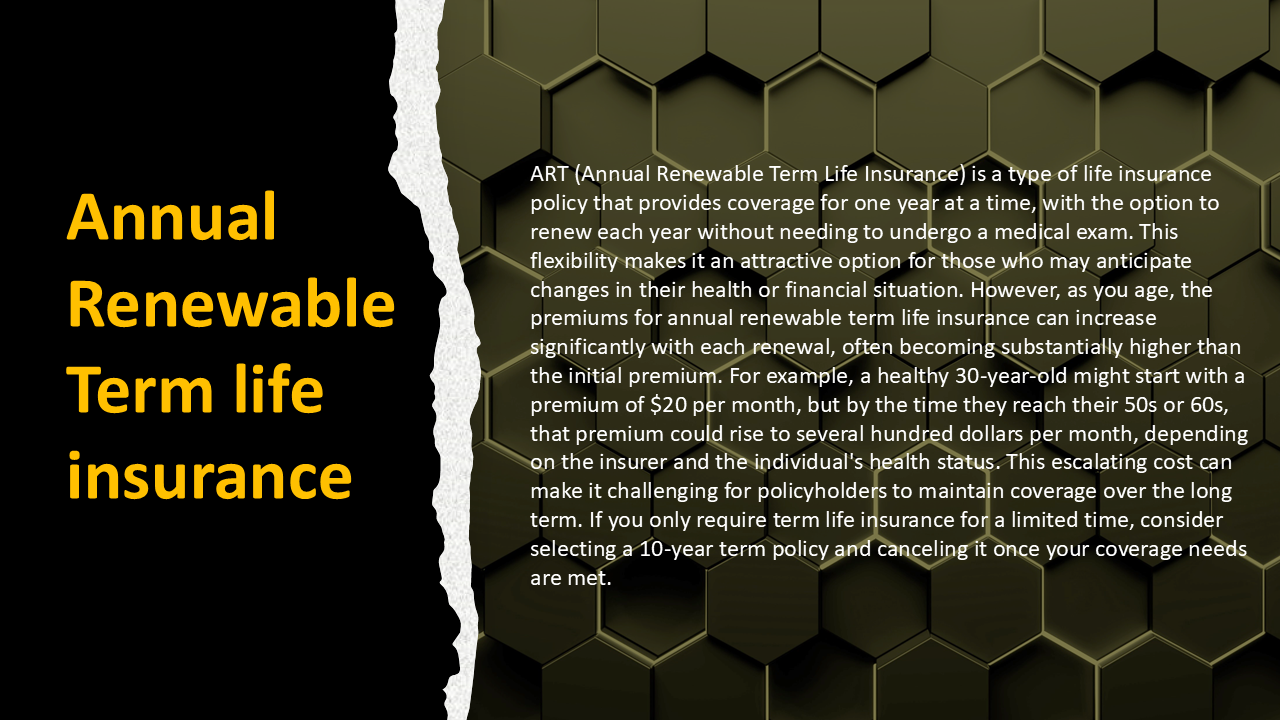by Sabine Jensen
When it comes to financial security, life insurance is often a topic that gets pushed to the back burner. Many people think, “I’m young and healthy; I don’t need it yet!” But what if life throws you a curveball? Enter term life insurance—a smart, budget-friendly way to ensure your loved ones are taken care of, no matter what happens. In this post, we’ll explore the ins and outs of term life insurance, what happens when it expires, and your options moving forward. Let’s dive in!
What is Term Life Insurance?
Term life insurance is a type of life insurance that provides coverage for a specific period, typically ranging from 10 to 30 years. If you pass away during this term, your beneficiaries receive a death benefit. If you outlive the term, the policy expires, and you don’t receive any payout. Think of it as a safety net for your family—affordable and straightforward.
Why Choose Term Life Insurance?
One of the biggest advantages of term life insurance is its affordability. Premiums are generally lower than those for permanent life insurance, making it an attractive option for young families or individuals on a budget. For example, a healthy 30-year-old might pay as little as $20 a month for a $500,000 policy. That’s a small price to pay for peace of mind!
What Happens When Term Life Insurance Expires?
As with all good things, term life insurance has an expiration date. Here’s what you need to know about what happens when your policy runs out:
1. Your Coverage Ends
Once your term life insurance policy expires, your coverage officially ends, which can have significant implications for you and your loved ones. This means that if you pass away after the policy has expired, your beneficiaries will not receive any death benefit. It’s a sobering thought, but understanding this reality is crucial for effective financial planning. Many people mistakenly believe that their coverage continues indefinitely, but term life insurance is designed to provide protection only for a specified period, typically ranging from 10 to 30 years.
The expiration of your policy can be particularly concerning if you have dependents or financial obligations that rely on your income. For instance, if you have young children, a mortgage, or other debts, the loss of coverage could leave your family in a precarious financial situation. Without the death benefit from your term life insurance, your loved ones may struggle to cover living expenses, pay off debts, or maintain their standard of living. This underscores the importance of planning ahead and being proactive about your insurance needs.
2. You Stop Paying Premiums
When your policy expires, you no longer have to pay premiums. As your term life insurance coverage comes to an end, the policy typically transitions into an annual renewal mode. This means that instead of a fixed term, your insurance provider will offer you the option to renew your policy on an annual basis. However, it’s important to note that if you are enrolled in monthly autopay, the insurance company will automatically draw for the renewal. This increase is due to the fact that you are now older and potentially at a higher risk, which can significantly affect your premium rates.

What Are Your Options When Your Term Life Insurance Expires?
So, what can you do when your term life insurance policy is about to expire? Here are a few options to consider:
1. Convert to Permanent Life Insurance
Many term life insurance policies come with a valuable feature known as the conversion option, which allows policyholders to convert their term coverage into a permanent life insurance plan. This transition means that instead of having coverage for a limited period, you will have protection for your entire life. However, it’s important to be prepared for higher premiums associated with permanent life insurance. While the initial cost of term life insurance is generally lower, the premiums for permanent policies can be significantly higher due to the lifelong coverage they provide.
One of the key advantages of converting to a permanent life insurance policy is that it typically does not require new underwriting. This means that you won’t have to undergo a new medical exam or provide updated health information, which can be a significant benefit if your health has declined since you first purchased your term policy. The conversion will be based on your original underwriting health class. This can be particularly advantageous for individuals who may have developed health issues that would make them uninsurable if they were to apply for a new policy.
The conversion option is incredibly useful, especially if the insured individual becomes uninsurable at the time of conversion. For example, if you have developed a serious health condition that would prevent you from obtaining new life insurance coverage, converting your existing term policy to a permanent one ensures that you maintain life insurance protection without the risk of being denied coverage. This feature provides peace of mind, knowing that you can secure lifelong coverage regardless of changes in your health status. Overall, the conversion option is a strategic move for those looking to ensure long-term financial security for their loved ones while navigating the complexities of life insurance.
2. Buy a New Term Life Policy
If your term life insurance policy is nearing its expiration and you still require coverage, one of your options is to buy a new term life policy. You can choose to purchase a new policy from your current insurer or explore other providers in the market. This flexibility allows you to find a plan that best suits your needs and budget. However, it’s important to be aware that your premiums may be higher than what you were paying for your previous policy. This increase is primarily due to your age, as well as any health changes that may have occurred since you first obtained coverage.
When considering a new term life policy, it’s crucial to take the time to compare quotes from multiple insurance companies. Each insurer has its own underwriting criteria, which means that premiums can vary significantly from one provider to another. By shopping around, you can identify the best deal that offers the coverage you need at a price you can afford. Additionally, many insurance companies provide online tools that allow you to easily compare different policies and their features, making the process more straightforward.
Another factor to consider when purchasing a new term life policy is the length of coverage you require. Term policies typically come in various lengths, such as 10, 20, or 30 years. Assess your current financial situation and future needs to determine the appropriate term length. For instance, if you have young children, you may want a longer term to ensure they are financially secure until they reach adulthood. On the other hand, if your financial obligations are decreasing, a shorter term may suffice. By carefully evaluating your options and understanding your needs, you can make an informed decision that provides peace of mind and financial protection for your loved ones.
Planning for the Future
When buying your first term life insurance policy, it’s essential to consider what you plan to do after the policy expires. Here are some actionable tips to help you plan for the future:
1. Assess Your Financial Needs
Take a close look at your financial situation. Do you have dependents who rely on your income? Are there debts that need to be paid off? Understanding your financial needs will help you determine the right amount of coverage and the best course of action when your policy expires.
2. Review Your Policy Regularly
Life changes, and so do your insurance needs. Make it a habit to review your policy regularly—at least once a year or after significant life events like marriage, having children, or changing jobs. This will ensure you have the right coverage in place.
3. Consult a Financial Advisor
If you’re unsure about your options or need help navigating the world of life insurance, consider consulting a financial advisor. They can provide personalized advice based on your unique situation and help you make informed decisions.
Conclusion Term life insurance is a valuable tool for protecting your loved ones and ensuring their financial security. By understanding what happens when your policy expires and exploring your options, you can make informed decisions that align with your long-term goals. Remember, it’s never too early to start planning for the future!



One response
[…] so it’s wise to reflect on your long-term objectives and choose a term that fits your needs. Keep in mind that time can pass quickly; what seems like a sufficient 10-year term can fly by. Remember, while you can always opt to reduce […]